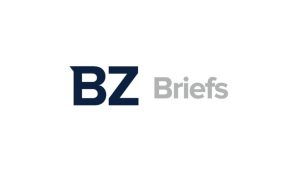
This story was originally published on CFO.com. To receive daily news and insights, subscribe to our free daily CFO.com newsletter.
At a time when consumer protections in the United States are under fire, a look back at 25 years of corporate scandals offers sobering food for thought.
One takeaway is that an embarrassing public scandal is not necessarily a death sentence. In fact, only 14 of 58 scandal-marred companies assessed by vpnMentor, a cybersecurity research firm, had to shut down as a result.
Many (almost 30%) of those studied didn’t even suffer any reputational or financial damage, and some later soared to impressive profits, according to the analysis.
Of course, some of the biggest scandals did kill the perpetrators. For example, long-distance telephone company WorldCom and energy company Enron went belly up as a result of fraudulent accounting and records practices that respectively caused $180 billion and $74 billion losses in shareholder value.
Other well-known firms that collapsed included Lehman Brothers and Countrywide Financial, both brought down by their involvement in the mortgage-backed securities scandal that launched the 2008-2008 financial crisis; and Cambridge Analytica, which misused personal data from up to 85 million Facebook users.
In general, all of the failed companies experienced devastating share-price plunges.
Some companies paid huge fines but managed to recover by altering their practices. These included Volkswagen, which paid a $33 billion fine for using emissions-cheating software in diesel vehicles, and BP, which coughed up more than $65 billion in penalties and cleanup costs related to the Deepwater Horizon oil spill in 2010.
The list of others that survived major scandals at a heavy cost comprises a who’s who of famous corporate names: Boeing, Equifax, Facebook, General Motors, HSBC, Intel, Johnson & Johnson and Monsanto.
Among publicly traded companies that were studied, 85% that continued operations had their lowest stock price “as a direct result of the scandal coming to light,” vpnMentor wrote in its study report.
“Ultimately, these scandals serve as reminders of the importance of transparency, accountability, and ethical leadership in business,” vpnMentor opined. “They underscore that while some may profit in the short term, the long-term costs of dishonesty often outweigh any gains.”
Still, some companies faced “no significant ramifications,” the study noted. For example, in 2012 a JPMorgan Chase trader made massive, risky bets on derivatives that let to $6.2 billion in losses. While the bank paid more than $1 billion in fines, it earned a record profit of $21.3 billion that same year.
